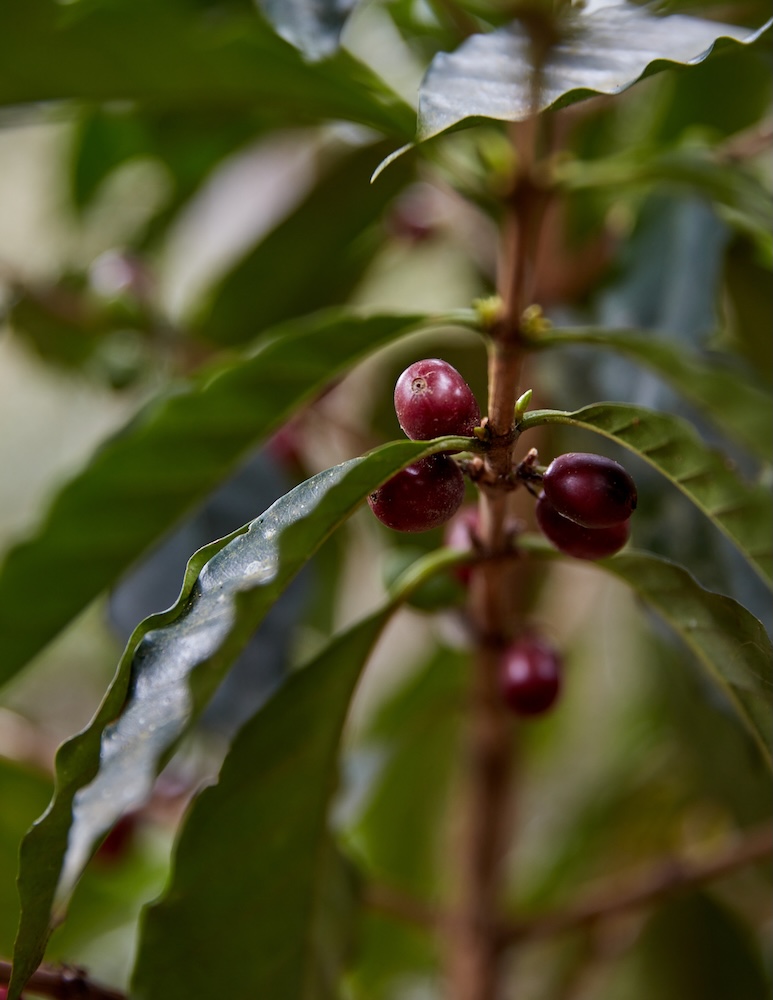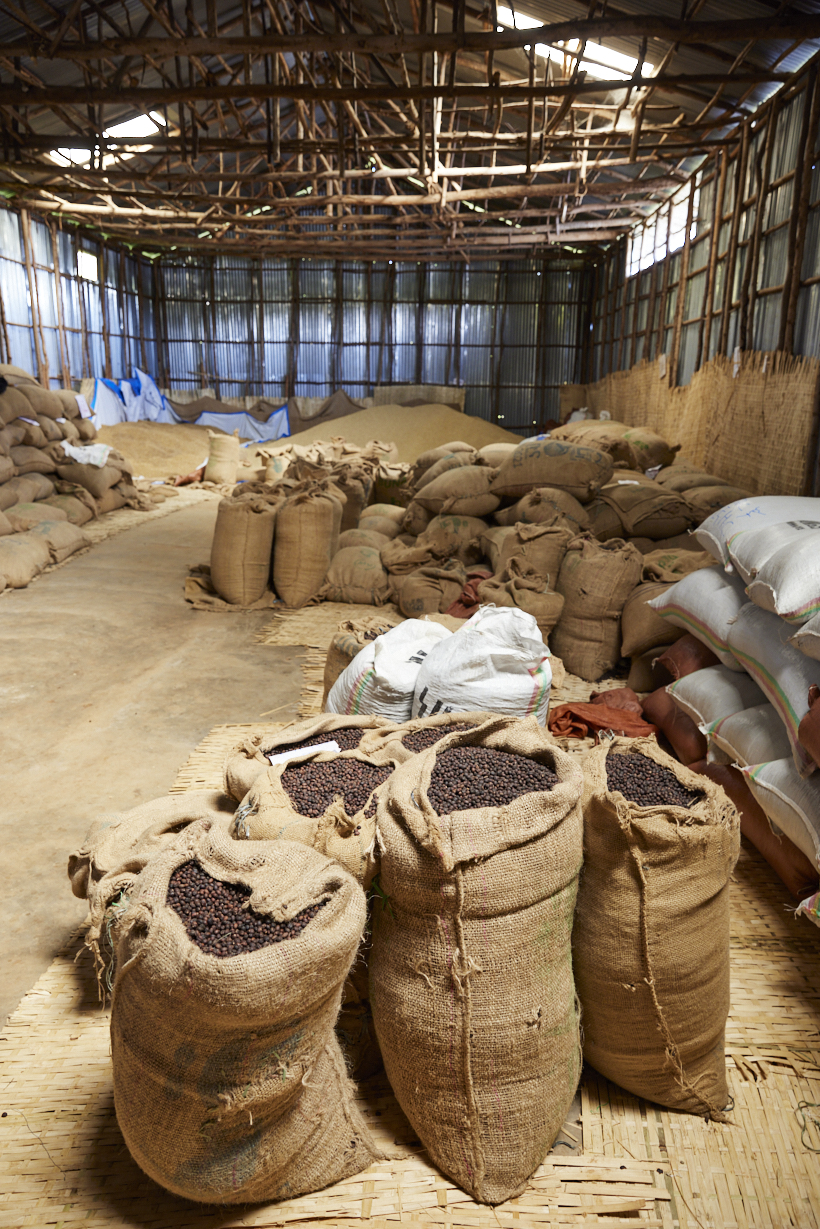
On September 5, 2025, the White House issued an Executive Order modifying the scope of reciprocal tariffs and establishing new procedures for implementing trade and security agreements. Put simply, this changes which goods are exempt from tariffs and creates a framework for more exemptions in the future.
Unfortunately, green coffee is not currently on the updated exemption list. The goods added to Annex II of the tariff order include certain metals, minerals, and pharmaceuticals. That means the tariff situation for coffee remains unchanged, at least for now.
However, the order sets up a process that allows future exemptions through agreements negotiated by the Commerce Department and the U.S. Trade Representative. In other words, while coffee is not exempt today, there is now a pathway for additional carve-outs if trade partners reach new deals with the U.S.
Tariffs remain in place for coffee, which continues to put cost pressure on our industry as a whole. The Executive Order doesn’t provide relief here, but it introduces potential for flexibility in the system. If coffee-exporting countries negotiate agreements with the U.S., coffee could eventually qualify for exemptions. That possibility is still speculative, but the framework now exists.

We will keep you updated for any new trade agreements made by coffee producing countries currently impacted by tariffs. There is also an important legal challenge to these tariffs that has been appealed to the Supreme Court. We are watching that closely. If the Supreme Court agrees with the lower courts which found these tariffs to be unlawful, that could flip this whole scenario on its head.
We suggest continuing to work with industry groups and call, write, and text your representatives. Organizations like the National Coffee Association have already advocated for tariff relief on coffee. Certain members of congress also formed the Congressional Coffee Caucus. This new order may give them a stronger footing in their case for exemptions.
As always, trade policy is evolving. Details matter, and they can shift quickly. Our commitment is to continue to share what we know, when we know it and be advocates for these exemptions on behalf of our industry.
-The Cafe Imports Team
| Country | New Tariff % |
| Bolivia | 15% |
| Brazil | 50% |
| Burundi | 10% |
| Colombia | 10% |
| Costa Rica | 15% |
| Democratic Republic of Congo | 15% |
| Ecuador | 15% |
| El Salvador | 10% |
| Ethiopia | 10% |
| Guatemala | 10% |
| Honduras | 10% |
| India | 50% |
| Country | New Tariff % |
| Indonesia | 19% |
| Jamaica | 10% |
| Kenya | 10% |
| Nicaragua | 18% |
| Papua New Guinea | 15% |
| Peru | 10% |
| Rwanda | 10% |
| Tanzania | 10% |
| Uganda | 15% |
| Venezuela | 15% |
| Vietnam | 20% |
| Yemen | 10% |
*Mexican goods are tariff-exempt if the goods are USMCA-compliant.
For Brazil, certain products are exempt from the new 50% tariff rate. This list notably does not include coffee at this time. Some products exempted include: orange juice, Brazil nuts, iron and steel products, passenger vehicles, and some components for civil aircraft.
As you may have heard, the U.S. government announced a new round of tariffs last night—part of a broader “reciprocal” trade strategy that affects imports from more than 70 countries. These tariffs, ranging from 10% to 50% depending on country of origin, are scheduled to take effect on August 7.
We wanted to reach out directly to you, our roasting partners, with an honest update on what this means for green coffee and what we’re doing in response.
The biggest question we’re hearing: Does this affect green coffee? The answer, unfortunately, is yes—though not in a brand-new way.
Most of the green coffee we import has already been subject to a 10% import tariff under HS Code 0901.11.00 (for unroasted, non-decaffeinated coffee). What’s changing now is the potential for that rate to go even higher for certain countries, or for current exemptions to disappear.
Here’s where things stand:

Green coffee from countries like Brazil and India could be affected more than others. Brazil, for instance, is listed at a 50% tariff rate under the new structure, and while they have set some exemptions, coffee is not one of them. At this time, some products exempted from tariffs from Brazil include: orange juice, Brazil nuts, iron and steel products, passenger vehicles, and civil aircraft components.
For most of our major coffee origins—Colombia, Ethiopia, Guatemala, Kenya, Honduras, and many others—the current 10% tariff is still the baseline unless new guidance says otherwise.
We’re keeping a close eye on official updates from U.S. Customs and the USTR (United States Trade Representative) to understand exactly how these changes will be implemented by commodity. Until then, we’re working under the assumption that green coffee will continue to be affected at a minimum of 10%, with risk of increase depending on origin and what “deals” are reached.
There was also news this week during an interview with CNBC where Commerce Secretary Howard Lutnick said, “If you grow something and we don’t grow it, that can come in for zero,” during a segment on Squawk Box. “So if we do a deal with a country that grows mangoes or pineapples, then they can come in without a tariff… coffee and cocoa would be other examples of natural resources.” However, there is currently no official documentation confirming this policy or clarifying which countries it would apply to. Until more details are released, the comment remains speculative, but if enacted, it could have a big impact on lowering costs for our industry.
In the short term, your pricing on most coffees is not expected to change dramatically overnight—but we do anticipate that costs could shift upward for some origins, and we’ll let you know right away if or when that happens. We’re also watching for potential down-stream effects—like increased shipping, packaging, or machinery costs from countries facing higher tariffs on non-coffee goods which could affect differentials.
Our team is working actively behind the scenes to manage this. We’re in constant contact with our logistics partners, exporters, and customs brokers. We’re analyzing how tariffs affect landed costs, re-evaluating inventory needs and selection, and adjusting sourcing plans where it makes sense. Our goal is the same as always: keep great coffee moving, keep sourcing excellent coffees from impactful programs, and keep you in the loop at the earliest moment we know something.
If you have questions about how this might impact specific coffees or upcoming purchases, please don’t hesitate to reach out to your rep. We’ll always tell you what we know, what we don’t know yet, and what we’re doing to adapt.
Thanks for your continued partnership and trust.
— The Cafe Imports Team
Historically, US government policy has been communicated clearly and in advance of coming into force. As we have all discovered in 2025, this is not the case when it comes to tariffs. It seems that every day we, in the coffee industry, are whipsawed by tariff announcements that threaten to upend coffee supply chains.
Today, it seems that Brazil is the target du jour. We, like everyone else, don’t know what will happen in the coming days and weeks, but we wanted to provide a quick update on where things stand as of now, as they relate to the coffee world.
With over 30 years of experience in the coffee industry, we are committed to continuing to work with you every day to find the right coffees for your business. Be assured, now more than ever, we’re working to keep prices updated, reflecting the current government-required tariff rate, both increases and decreases, and most importantly, just try to share what we know when we know it.
One thing we have learned is that every client of ours is unique, but all care deeply about the future of specialty coffee. We are here to help brainstorm with you on how to navigate these particularly chaotic and uncertain times for your business. If you have concerns, questions, or want to talk more about your specific needs, please reach out to your salesperson.
An overview of how tariffs work and what they mean for roasters, importers, and you.

This could be directly from a producing country (e.g., Colombia) or via an exporter.
The invoice includes the CIF value:




Everyone along the supply chain feels the strain. Tariffs make it harder for roasters to keep sourcing the coffees they believe in, making it difficult for producers to plan for the future.

[Your Name]
[Your Address]
[City, State, ZIP Code]
[Your Email]
[Your Phone Number]
[Date]
The Honorable [Congressperson’s Name]
[Office Address]
[City, State, ZIP Code]
Subject: Urgent Request to Remove Tariffs on Key Coffee Trade Partners
Dear Representative [Last Name],
I am writing to urge immediate action to remove the tariffs recently imposed on essential U.S. trading partners as announced on April 2, 2025.
While trade equity is crucial, these tariffs are especially damaging to the global coffee industry, which relies heavily on trusted partnerships between growers, exporters, importers, roasters, and American consumers.
Given the unprecedented challenges already faced in 2024 and 2025, allowing these tariffs to persist will significantly harm the entire coffee supply chain and threaten the industry’s near and long-term sustainability.
As a [business owner/roaster/importer/consumer], I have directly experienced the consequences of these tariffs:
By imposing these tariffs on longstanding allies and critical trade partners, we risk economic instability and weaken essential relationships supporting American businesses. Far from empowering domestic industry, these tariffs act as a hidden tax on consumers and businesses alike.
Therefore, I respectfully urge you to:
Thank you for your consideration of this critical matter. I look forward to your response and to learning about your efforts to repeal these harmful tariffs.
Sincerely,
[Your Name]
[Your Business/Organization (if applicable)]
[Your Contact Information]